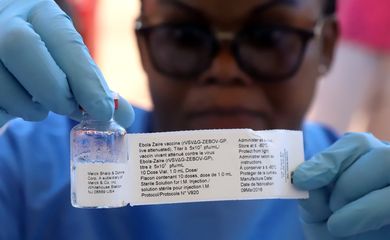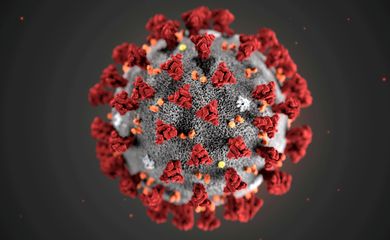Democratic Republic of Congo declares end of 13th Ebola outbreak


The Democratic Republic of Congo (DRCongo) declared today (16) the end of the 13th Ebola outbreak in the country, which began on October 8 and caused six deaths in the northeastern province of North Kivu.

The outbreak ended 42 days after the last positive patient registered negative results for the first time and no new cases have appeared since then, according to the regional directorate of the World Health Organization (WHO) in Africa.
In this outbreak that is coming to an end, 11 cases (eight confirmed and three probable) and six deaths were reported in North Kivu province, where the 2018 one, which lasted two years, took place.
In a statement, WHO regional director for Africa, Matshidiso Moeti, said that during this last phase, the country applied "crucial lessons" learned in previous emergencies.
"RDCongo was able to limit the spread of the disease and save lives. The main lessons are being learned and applied with the experience gained in each phase", he added.
According to WHO, more than 1,800 people were vaccinated in a campaign launched just five days after the first case was detected.
The outbreak was the opportunity, for the first time, for the recently approved vaccine against Ebola "Ervebo" to be used in the country.
"Stronger disease surveillance, community involvement, targeted vaccination and rapid response are making Ebola control more effective in the region," said Moeti,
The rapid response included key outbreak control measures such as contact tracing, disease surveillance, as well as collaborative efforts with the community in Beni, the city where the first case was detected.
WHO assisted the country by deploying experts and equipment and contributing funding to contain the epidemic.
However, the unpredictable, and sometimes volatile, security situation in parts of Beni has made it difficult to respond in some locations.
Health personnel and other front-line workers were unable to reach some unsafe areas to monitor high-risk contact cases and administer vaccines.
The prevention of sexual exploitation and abuse was a key pillar in that response, and an expert was deployed to train WHO staff and partners in preventing inappropriate and abusive behavior.
Everyone working in the field has been trained and each partner agency has signed a code of conduct. The trainers spoke directly to members of the communities in which health authorities were working to raise awareness of sexual exploitation and abuse and how to report it safely. Radio advertisements and leaflets in local languages also helped to spread the message.
With the end of this phase, health authorities maintain surveillance efforts and are ready to respond quickly to any potential new outbreaks, said WHO in Africa.
Text translated using artificial intelligence.





